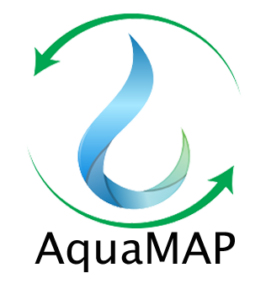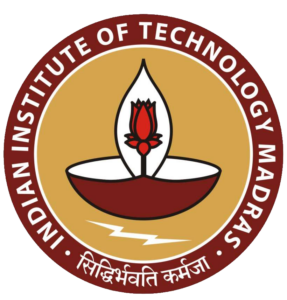Water and Soil Analysis: Creation of A Digital Twin of The Village for Environmental Management in Nallampatti Panchayath, Erode District, Tamil Nadu
Title : Water and Soil Analysis: Creation of A Digital Twin of The Village for Environmental Management in Nallampatti Panchayath, Erode District, Tamil Nadu
Objectives:
- Conduct seasonal water quality analysis (Winter, Summer, Southwest Monsoon, and Northeast Monsoon) to evaluate contaminants such as heavy metals (Arsenic, Cadmium, Lead, Zinc) and pesticides (Monocrotophos, Glyphosate, and Factamfos) in various water sources, including overhead tanks, the Bhavani water canal, open wells, and bore wells.
- Analyze soil and sediment samples from Nallampatti village across different seasons to determine the levels of heavy metals and pesticides in the soil.
- Analyze contaminants in agricultural produce to detect levels of heavy metals and pesticides, assessing the potential for contamination in crops.
- Integrate water, soil, and crop contamination data with existing health records to explore correlations between environmental exposures and health outcomes within the village population.
- Develop real-time monitoring dashboards to track water, soil, and crop contamination, providing an interactive tool for stakeholders to monitor and respond to environmental health risks in Nallampatti.
Scope:
The scope of the project encompasses several key activities aimed at understanding the environmental-health nexus in Nallampatti. These activities include the collection and analysis of water, soil, and agricultural produce samples to assess contamination levels of heavy metals and pesticides. To capture seasonal or periodic fluctuations in contamination levels, repeated sampling will occur three times a year. The project also focuses on enhancing a digital platform by integrating environmental data, health records, and real-time monitoring into a user-friendly dashboard, accessible to public health officials, policymakers, and researchers. In addition, community outreach efforts will be implemented to educate villagers on the findings and provide practical suggestions for interventions based on the analysis results. Through these efforts, the project aims to provide valuable insights and actionable solutions for improving public health and environmental safety in the village.
Expected Outcomes:
- Identification of Contamination Patterns: The project will provide a clear understanding of heavy metal and pesticide contamination levels in water, soil, and agricultural produce, with repeated sampling conducted to identify seasonal fluctuations and trends.
- Improved Public Health: The project aims to address environmental factors contributing to diseases by correlating contamination data with health outcomes, potentially reducing the incidence of metabolic diseases within the community.
- Sustainable Farming Practices: By analyzing agricultural produce for contaminants, the project will promote safer farming practices, reduce pesticide use, and contribute to healthier crops and a safer environment.
- Strengthened Local Monitoring: The project will enhance local capacity for environmental monitoring, enabling more effective and ongoing responses to contamination risks in the future.
- Enhanced Digital Platform: By integrating environmental and health data into a user-friendly dashboard, the project will enable public health officials, policymakers, and researchers to track contamination levels in real-time, identify high-risk areas, and make informed, data-driven decisions.


